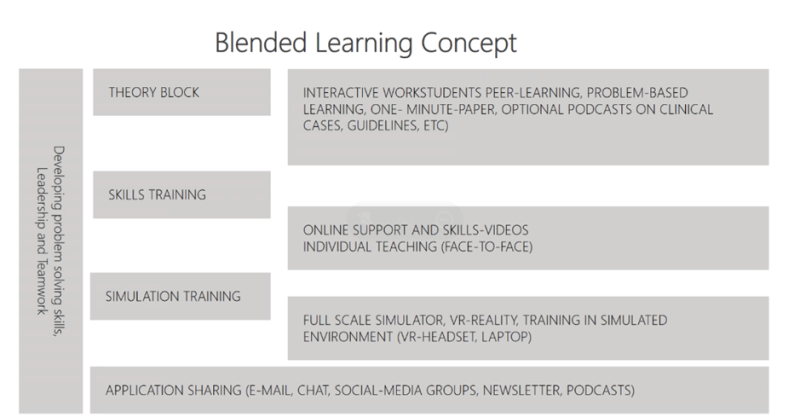
The 3rd official SAFETY project virtual Meeting was supposed to take place in Munich, hosted by LMU. Unfortunately, because of the global pandemic that is still causing concern, the partners agreed to have the meeting online (only Rita Flores, on behalf of Take The Wind, joined the LMU team in Munich).
The meeting was divided into three sessions within two different days, 20th and 21st of December and all the 10 partners actively participated.
During the first session “From the BoK to the SAFETY course architecture”, HCB and UiS recapped the fundamental elements from the desk research, good practices and best team composition. As the results from WP1 are very interesting and the work done has been huge, the partners agreed to publish WP1 findings in scientific journals and present them in national and international conferences.
Before discussing about the course to be developed in 2022, UniFg, as project leader of WP2, shared the fundamental elements from WP2 needs analysis and the Body of Knowledge, which represents the starting point for the creation of the SAFETY course.
The first session ends with the presentation of partners’ experiences based on medical education (the results of the questionnaires shared by LMU) and the proposal and discussion of the overall architecture of the SAFETY e-learning course. The proposed architecture from LMU is the following:

In the afternoon, the second session consisted in the “Europe Café: brainstorming on SAFETY topics and theoretical modules”.
Europe Café represents a series of discussions taking place in a relaxed, dynamic and informal environment. Europe Café revolves around the goal to discuss and exchange thoughts, questions and ideas on various topics in relation to the SAFETY e-learning course. This method ensures an effective and flexible format for hosting a series of discussions with a potentially large group of participants and can be modified to correspond to specific needs.
As the meeting was virtual, instead of talking around a table, the participants worked on Miro Board, using virtual sticky notes and were divided into three groups:
- Group 1: Francesco (UNIFG), Cosmin (EICD), Cristina (HUCB), Camilla (UIS), Katarina (LMU) and Lukas (AMC);
- Group 2: Liana (EICD), Juan (HUBC), Une (UIS), Marc (LMU) and Novella (LAE);
- Group 3: Roberta (UNIFG), Mihai (EICD), Thor (UIS), Nina (UIS) and Rita (TTW).
Each group, in turn, participated at the tables of the SAFETY café and discussed on a specific topic (they had at disposal 35 minutes per round: 10 minutes for self-brainstorming and 25 minutes for open discussion and clustering). The discussion was managed by a facilitator that, at the end of the process, briefly summarized the main insights come out from his/her table. Once a round of discussion was over, the participants were free to move to other tables.
The participants discussed the topics to be included in the specific lesson of the table, ideas on how to deliver the course, useful methodologies to be adopted and any other input for delivering the course.
The tables/boards and the correspondent facilitator were the following:
- Simulation modalities and their precedence in the developed training hosted by Fedele (UNIFG)
- Prioritisation of necessary skills hosted by Giuditta (VALUE)
- Prioritisation of necessary theoretical knowledge hosted by Antonio (INFO)
The third and last session “Practical aspects of the SAFETY course” was held on 21st December. The session was coordinated by LMU, as project leader of WP3, and all the partners, both academic and industrial ones, actively contributed to define the fundamental aspects of the course to be developed. The partners had a brainstorming on 25 Emergency Medicine simulations to put into practice with using simulation devices and discussed in details bot the pedagogical and technical criteria for the e-learning course.
The meeting ends with the definition of WP3 work plan: activities’ introduction, distribution of the tasks among the partners for the preparation of training materials and deadlines for the following months.
2022 will be an intense year for SAFETY project, but the partners have clear in mind what is expected from each of them and are ready! The wish for the new year is certainly to finally meet in person to further strengthen mutual trust and the spirit of collaboration that has characterized the partnership since the first months of the project.
Written by G. Pasta from ValueDo (Florence, Italy)



